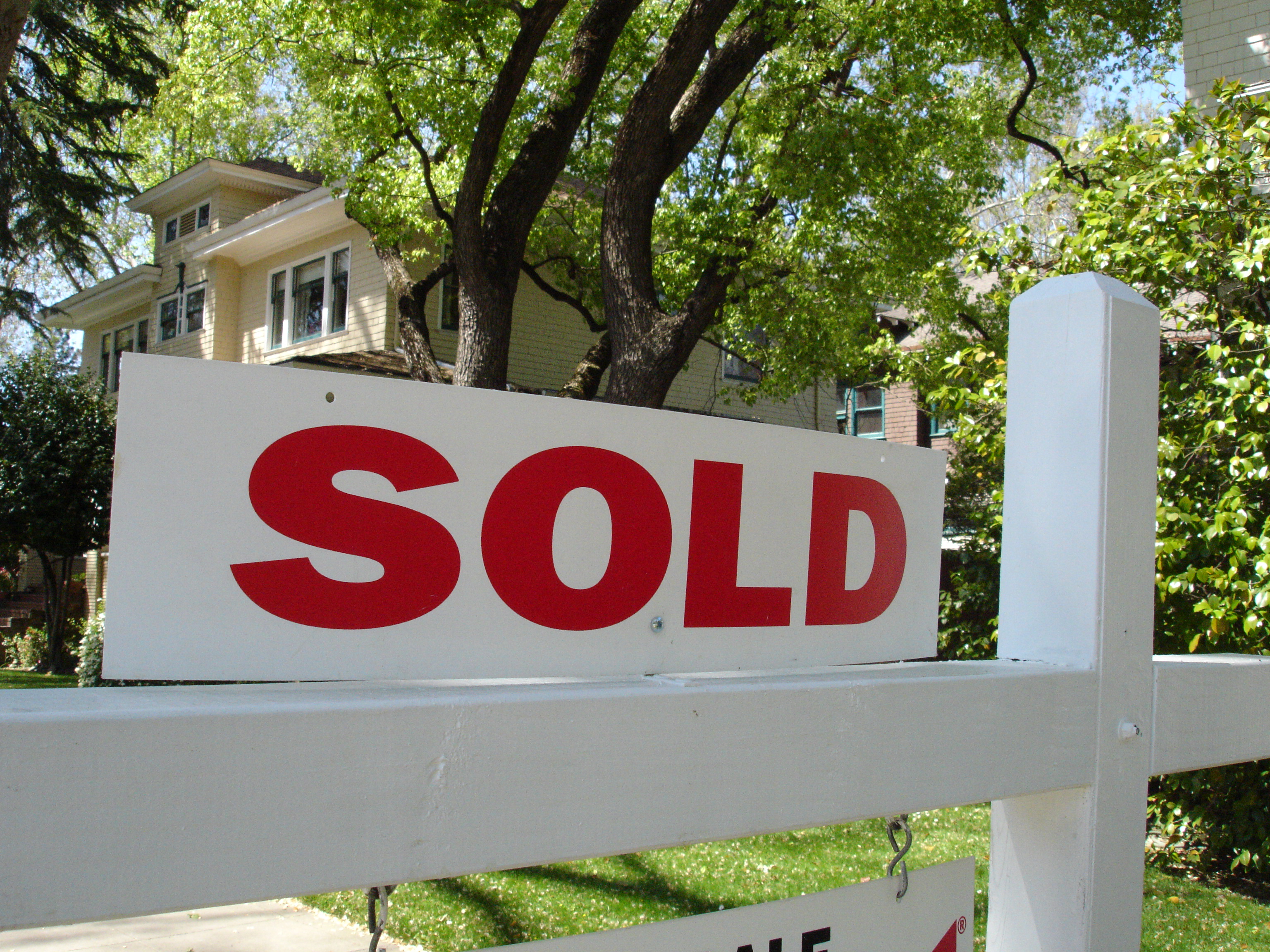Carbon capture portrayed as a lynchpin to Louisiana’s success, failure

Allowing the state of Louisiana to regulate the injection of carbon dioxide underground would continue a pattern of systemic harm to residents already burdened by pollution.
Not allowing the state to regulate those wells could decimate the state’s economy and cause it to lose its primary economic engine.
Those were the fundamental existential arguments offered by the more than 100 people who testified this week in Baton Rouge on whether the state should have the responsibility for those wells.
Now, it’s up to the Environmental Protection Agency to decide whether, and under what conditions, the state will regulate the wells, called Class VI injection wells. The EPA has already determined the state’s application to regulate the wells meets all requirements for approval. The hearings this week were to gain public input on that decision.
Initially scheduled for one day, the hearings ended up being scheduled for Wednesday, Thursday and Friday to allow the large number of people interested in the issue to comment. The EPA will also take comment through July 3, though several testifying at the hearings asked the agency to extend the comment period.
DNR’s pursuit of primacy status for Class VI injection wells is directly related to the state’s push toward carbon capture and sequestration, or CCS.
CCS is being touted by state and federal officials as the go-to solution to reduce greenhouse gas emissions as Louisiana and the rest of the country push toward net-zero emissions goals in order to halt climate change.
Carbon capture is the process by which carbon dioxide from high-heat industrial processes is captured and stored underground instead of being released into the atmosphere. But there is ongoing debate over whether the technology can work on the grand scale planned for Louisiana where more than 20 CCS projects have been proposed.
Tommy Faucheux, president of the Louisiana Mid Continent Oil and Gas Association, on Wednesday, said CCS technology has been “safely” operating in the state for more than 50 years.
“We’re on the verge of a new golden age of energy production and all that comes with it—new jobs, more state revenues and a stronger economy,” Faucheux said. “To achieve this it will take utilizing the latest technologies, like carbon capture and storage.”
Supporters of giving the state authority over the wells said they worry opposition to carbon capture projects will mean job loss and economic disinvestment.
Carol Miller, a semi-retired Lake Charles resident, said without the fossil fuel industry her community wouldn’t have been able to survive after the two back-to-back hurricanes they endured in 2020.
“To have any type of quality of life during this time could not have occurred without use of fossil fuels. We ran generators from sun up ‘til sun down,” Miller said. “Keeping our fossil fuel industry thriving will benefit the overall welfare of the state.”
Those who showed up in opposition framed their arguments around the state’s lack of resources and historic failures when it comes to regulating the oil and gas industry.
“Transferring primacy from a federal agency to Louisiana automatically means less oversight, less rigor and fewer resources to ensure permits are enforced,” Logan Burke, executive director of the Alliance for Affordable Energy, said during her prepared remarks at Wednesday’s hearing.
Burke called this year’s Legislative session an illustrative peak of the unwillingness of state leaders to allocate the money needed for state agencies to provide the oversight needed for CCS projects.
Jade Woods, with the Center for International Environmental Law, said if Louisiana gains the power to regulate Class VI injection wells, it will open a floodgate of carbon capture projects.
A recent report from the Deep South Center for Environmental Justice tallied more than 20 planned underground carbon capture projects throughout Louisiana.
“This,” Woods said, “is about the overall track record of an agency that has failed to properly regulate the infrastructure they currently have.”
The Concerns: Environmental advocates say historically, Louisiana hasn’t adequately regulated the oil and gas industry, which is dominating carbon capture and sequestration projects.
- The state Department of Natural Resources (DNR) “is the same agency that has struggled for years to maintain records, enforce rules, and manage responsibilities they already have for five other classes of wells” the department already regulates, says Logan Atkinson Burke, executive director of the Alliance for Affordable Energy. Some of those deficiencies were highlighted in audits by the Louisiana Legislative Auditor’s Office in 2004 and in 2020.
- According to DNR’s application for primacy, the agency intends to implement a “team” approach to permitting by dividing permit applications among its staff with relevant areas of expertise. But it will still need to outsource some of the permit review process for modeling, risk analysts and environmental justice review because the agency currently doesn’t have in-house staff in those areas of expertise, the application states. “It means they’re not going to do it,” said Monique Harden, director of law and public policy for Deep South Center for Environmental Justice. “The fact they haven’t even named (the third-party contractor) is a signal DNR hasn’t figured out how to do it. “
The Risks: Detractors of carbon capture are worried that capturing, moving by pipeline and pumping carbon dioxide underground could result in any number of dangerous outcomes, including:
- Possible leaks of carbon dioxide through abandoned and orphaned oil and gas wells.
- Contamination of underground water reserves.
- Earthquakes from the high-pressure injection of carbon dioxide into the ground
Pipeline explosions like one in 2020 in which a 24-inch underground line transporting liquefied CO2 burst and forced a mass evacuation in a small Mississippi town.
What DNR is saying: Patrick Courreges, spokesman for the state’s Department of Natural Resources, said the concerns around the state obtaining primacy are “fair” given the state’s track record but he claims the department is still “better suited” to regulate Class VI wells than the EPA.
- “The needle has moved,” Courreges said. “Is it perfect? No. But we know how to do this right so we don’t leave the next generation holding the bag.”
- Courreges said the Department of Natural Resources will have more manpower focused solely on regulation in Louisiana compared to EPA’s Region 6 which encompasses not only Louisiana but four other states and 66 tribal nations. “We’re gonna have at least seven folks dedicated to only Class VI work,” he said.
- The state will outsource some permitting responsibilities in the beginning Courreges confirmed, but that third-party contractor will have no decision-making power, he added. “Basically their role is to take the application, make sure all the things we need to see are in it. And when they say yes it’s ready, our state regulators start the review to see if it meets our standards,” he said.













